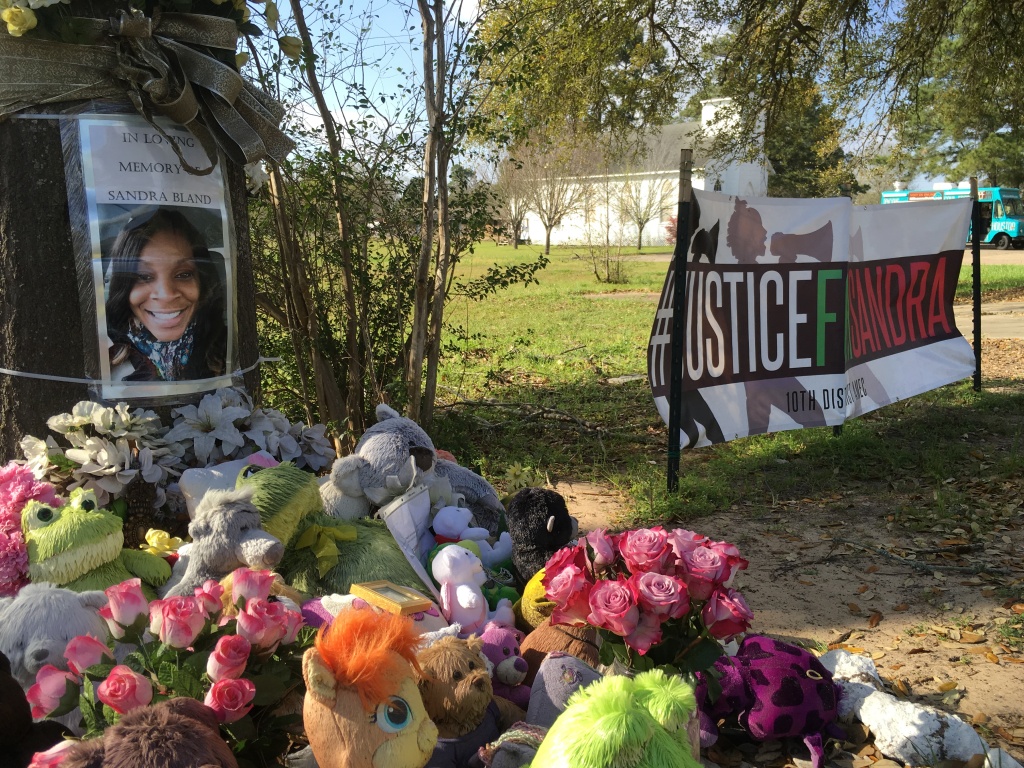Tag: church
-
Staying at the Table Together: Communion During COVID as a Global Conversation
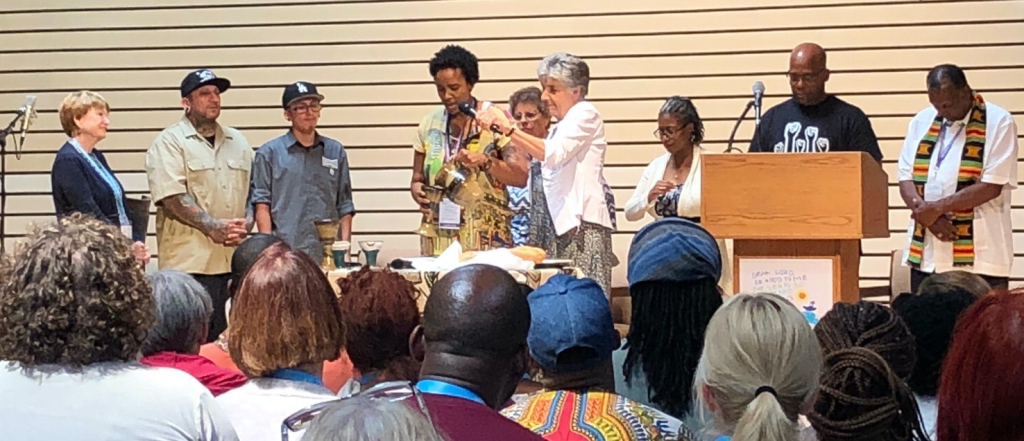
As we are prevented from celebrating Communion together in person, may we seek to stay at The Table together in other ways.
-
You can play with me
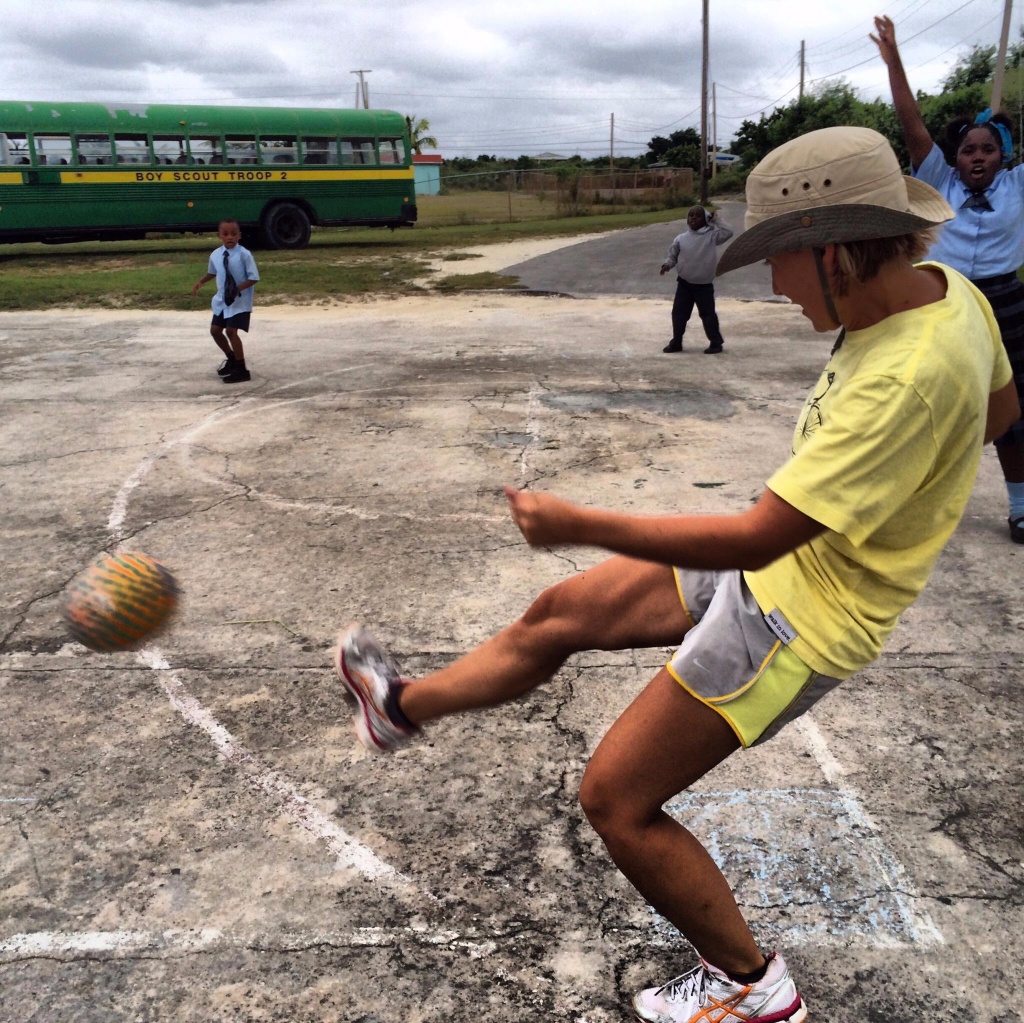
“You can play with me,” a little voice said to me from the other side of the slide. It was my first day at a new school, and when recess came, I had fled to conceal myself under the big metal slide on the far edge of the playground. Turning my head, I looked up…
-
Preach the Disruptive Gospel
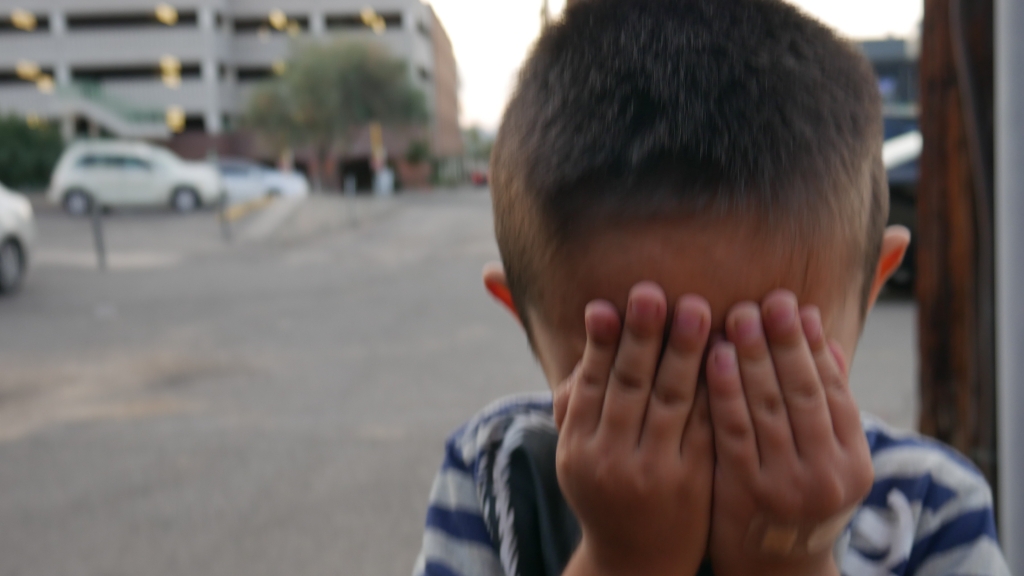
A word for my clergy colleagues: We do not have to decide whether or not we will be “political.” We simply have to wake up each morning and answer the same question we have every other day of our careers, be it 10 years or 50 years: will I preach the Gospel today? If that…
-
64 Hours for Sandra Bland: The First Night

“You’re going to be arrested tomorrow,” my neighbor said to me solemnly. Sitting on the front stoop of his house, the street was silent. The laughter and mariachi music from the birthday party down the block had long since morphed into a pile of tables and chairs awaiting pick-up. Only a few neighborhood dogs walking their patrol kept…
-
The American Reformation

PART 1: The American Reformation Begins Not all Revolutions begin with a Declaration, and not all Reformations begin with a list of Theses. The Reformation of the Methodist church in the United States began with prayer. In 1787, ten years after Thomas Jefferson penned the words, “We hold these truths to be self-evident, that all…
-
“Dear Fellow White People”: An Appeal For Sustained Discomfort

*First posted on UMCLead.com on Feb. 10, 2015. Revised and updated… still unapologetic. #BlackLivesMatter makes a lot of white people uncomfortable. The impulse of many is to soothe us. Please don’t. We need sustained discomfort. There are a lot of people in this nation who have been very uncomfortable for a very long time. Those of…
-
Sandra Bland Believed in You
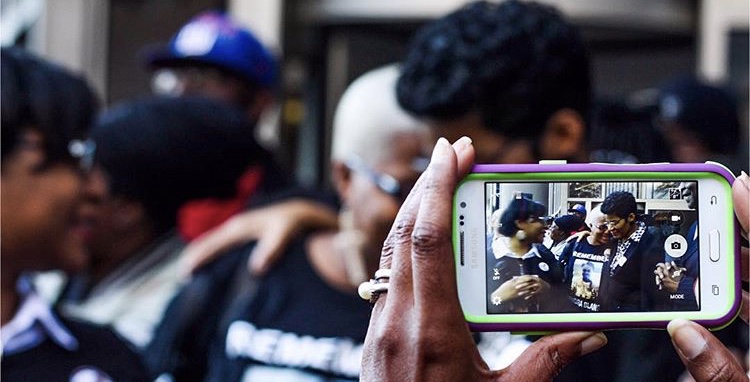
*Cover photo by Lamarcus Feggins, @differentworldimages On January 14, 2015, a bold, brilliant, 28 year old African American woman held a phone up in front of her face and began to speak. “Hey, y’all… so… I don’t know where to look…” she said with a smile that could charm the sting off a bee. Rarely has…
-
Open Letter To the Sheriff of Waller County

Dear sir, Last night, for the first time, I looked at one of the articles that was written after you told me to “go back to the Church of Satan that you run.” At the time, I’ll be honest, I was aware that there was a good deal of media taking place around your comments…
-
Ravens

“Hey, you up?” There’s only one thing that could mean, I think to myself, pulling on my robe: JJ brought me food. She has been doing it ever since she moved in a few months back. Working long hours, and then picking up something to eat on the way home, and bringing something for me…
